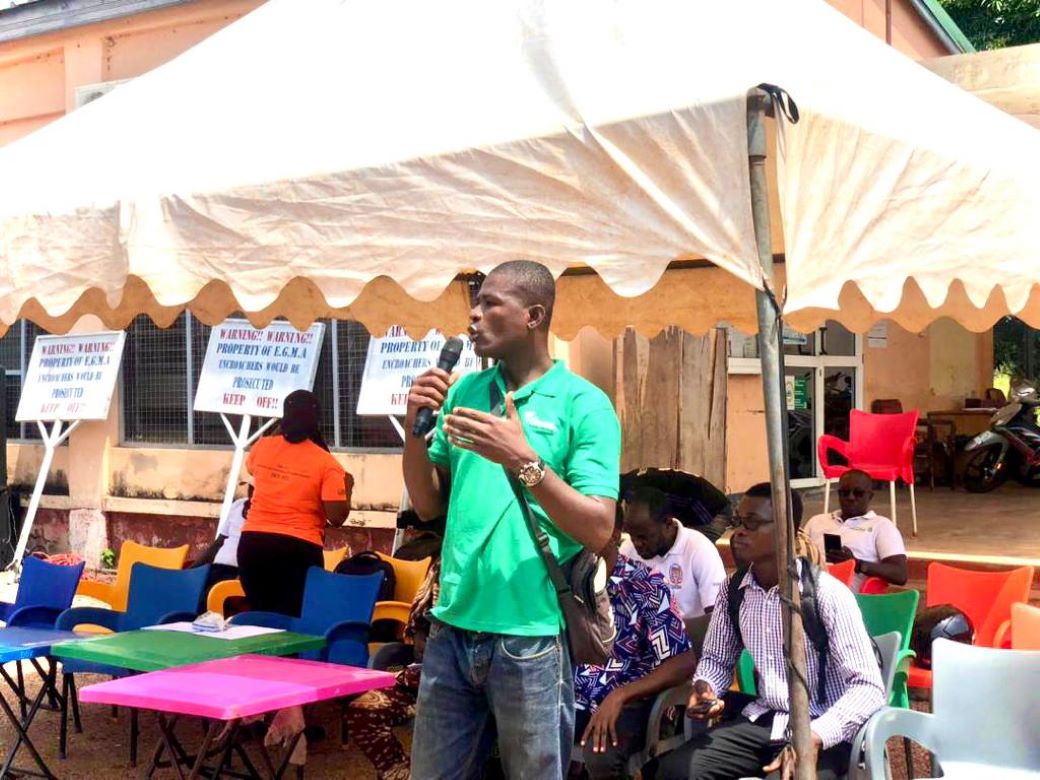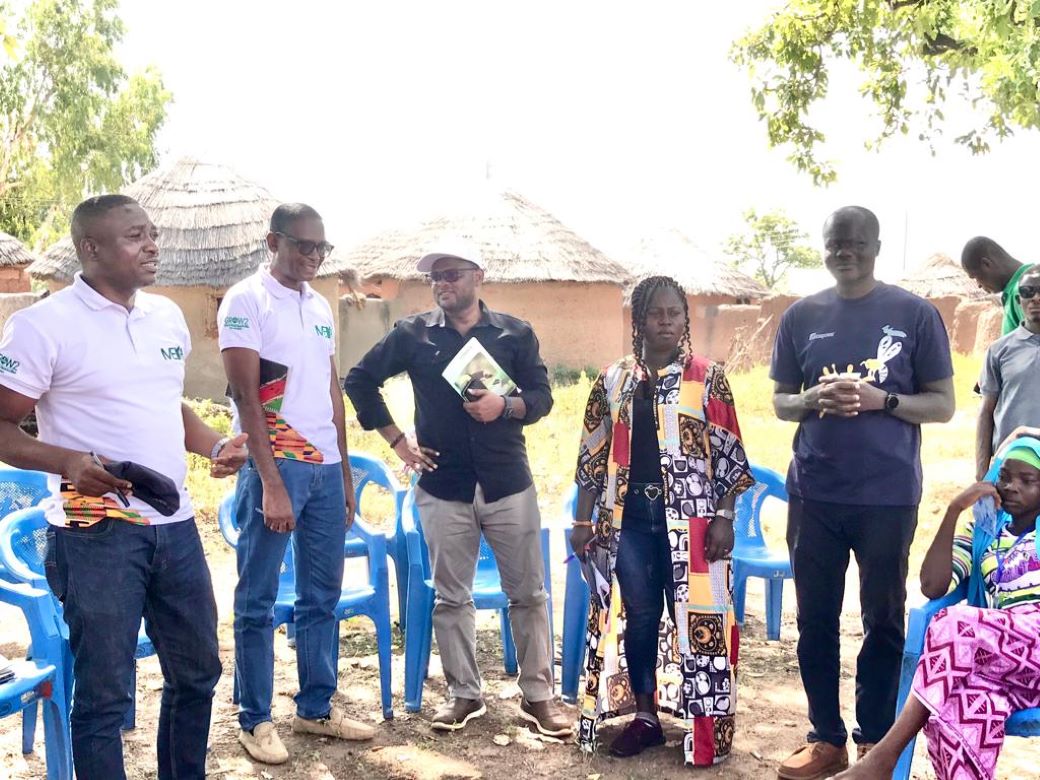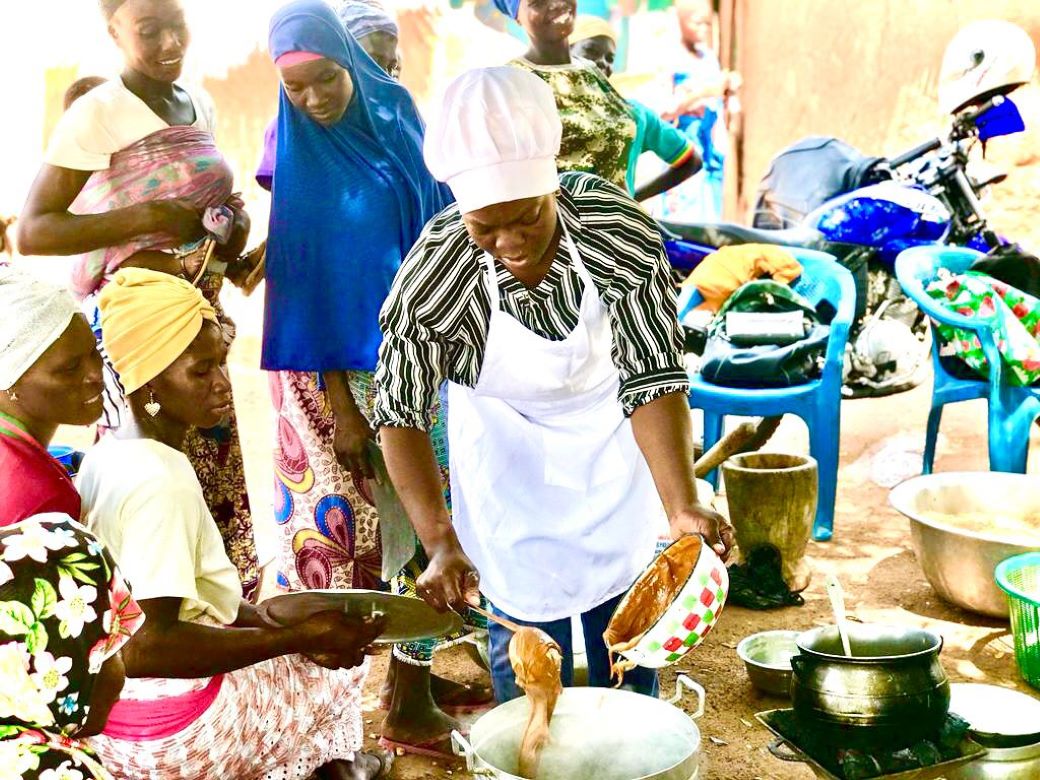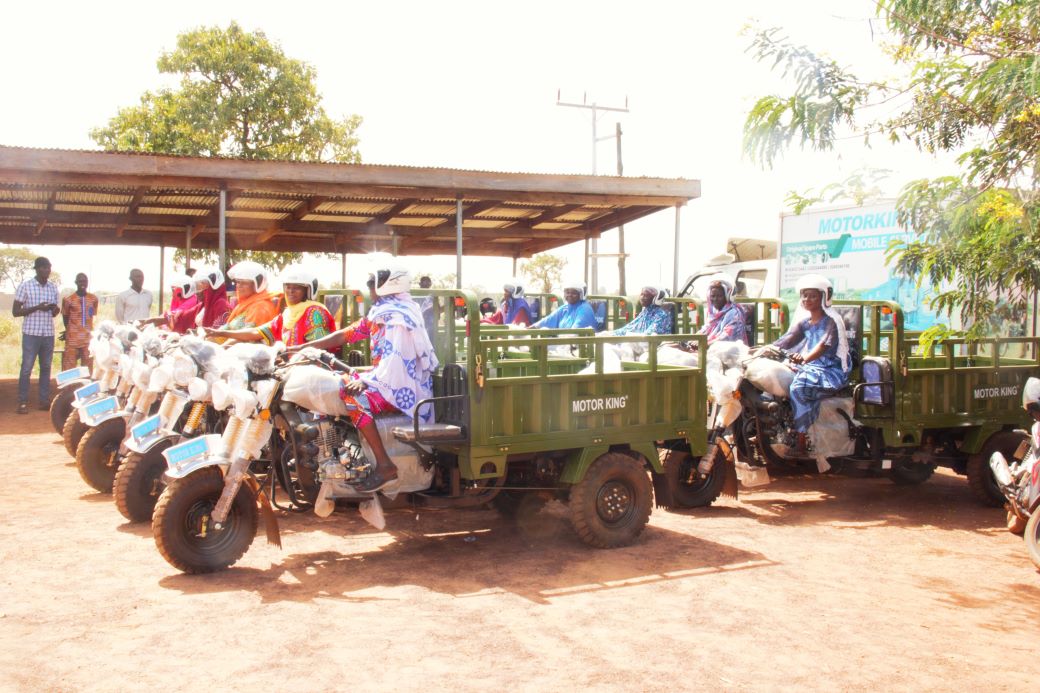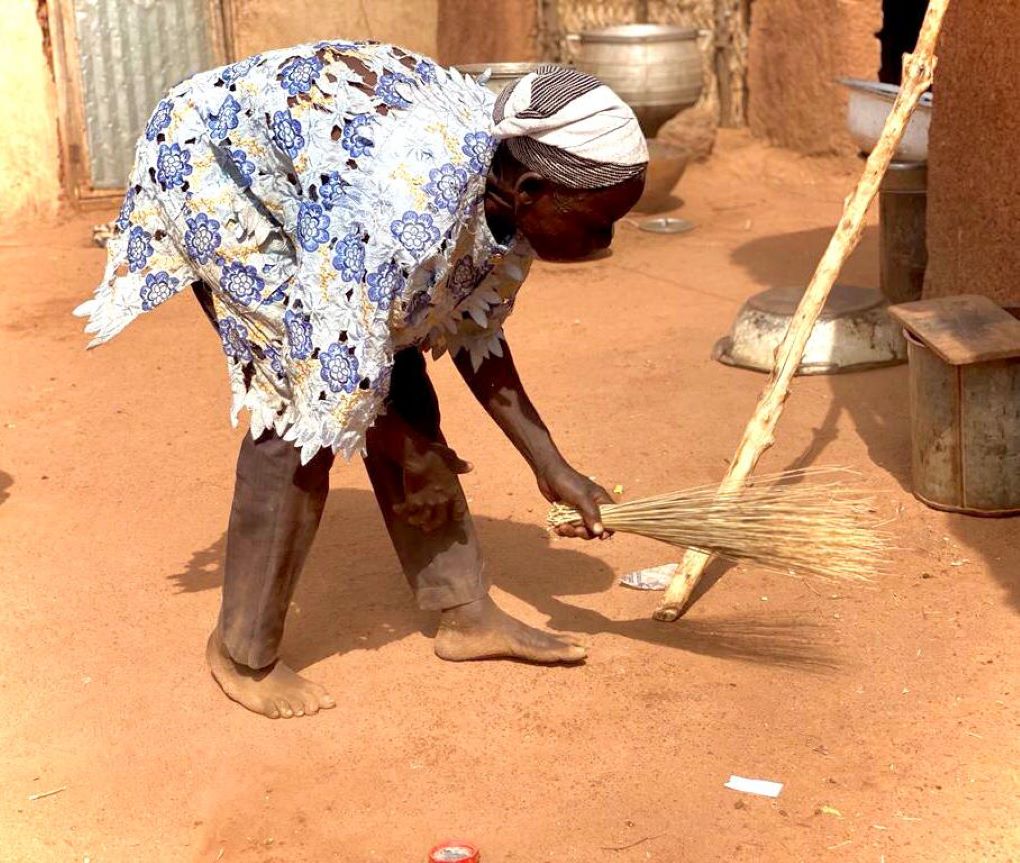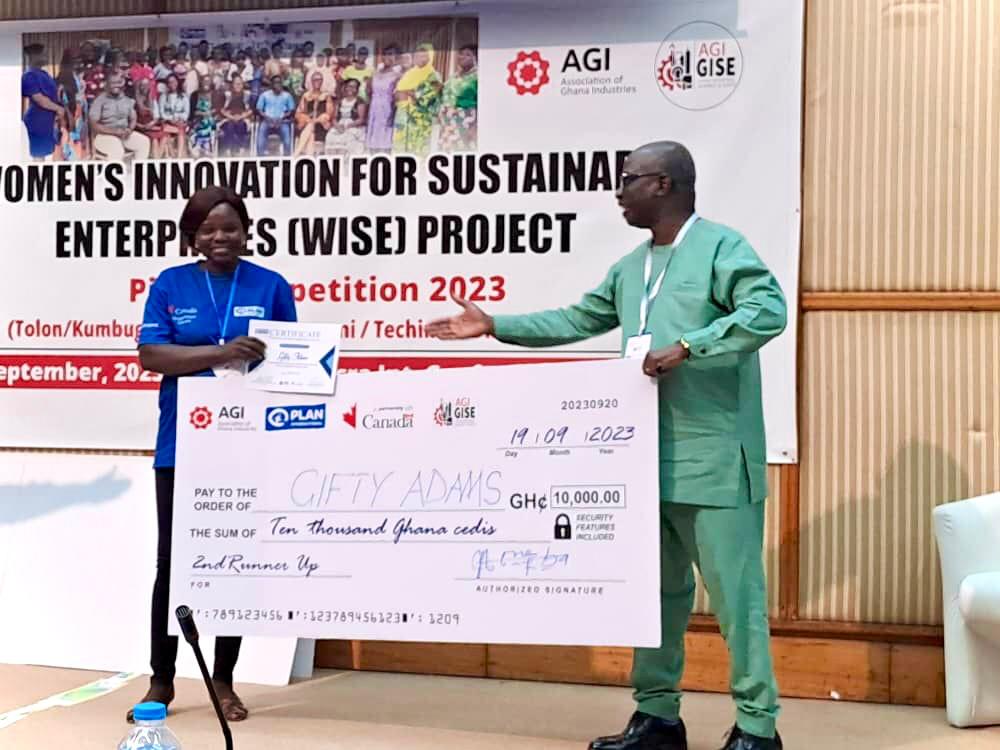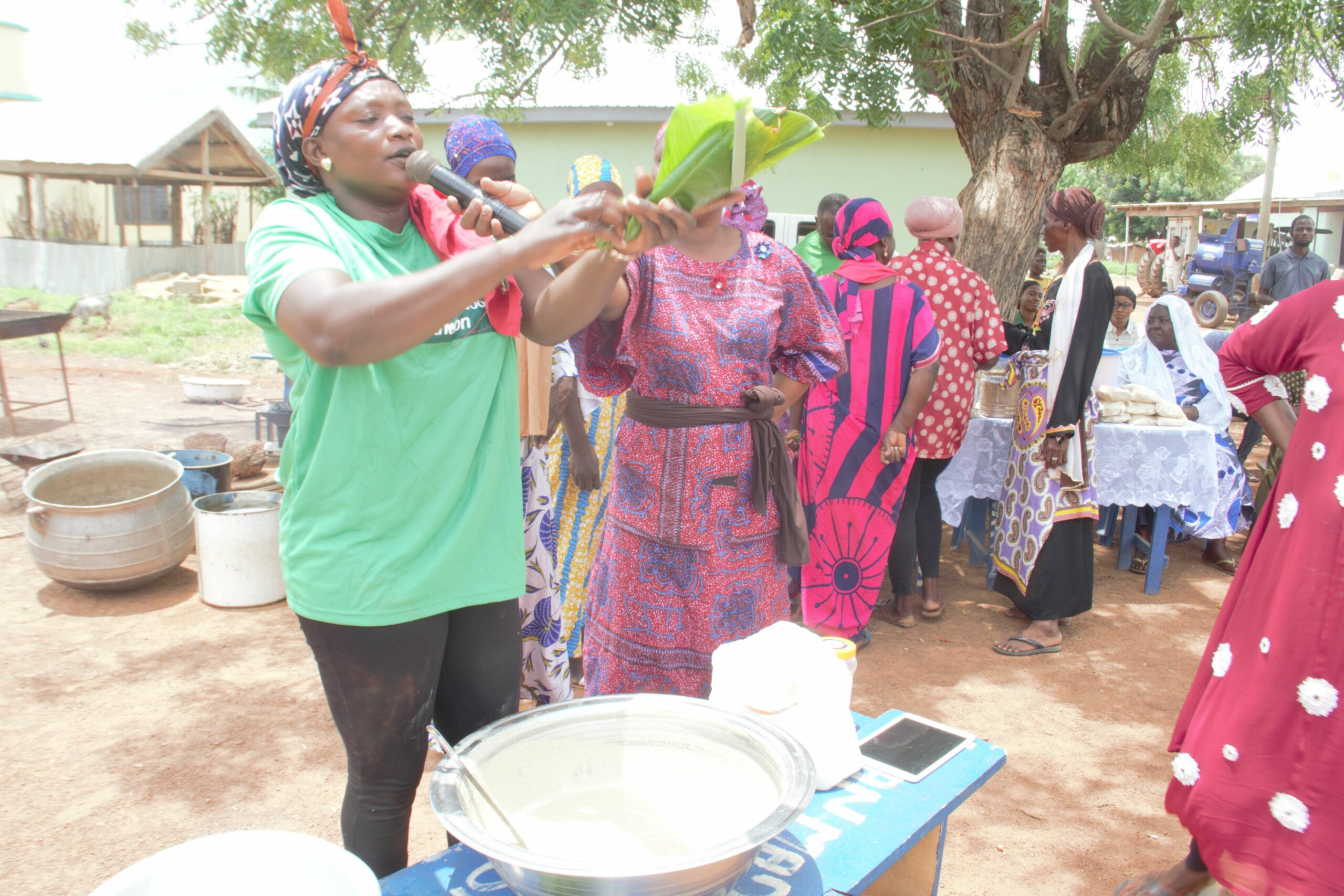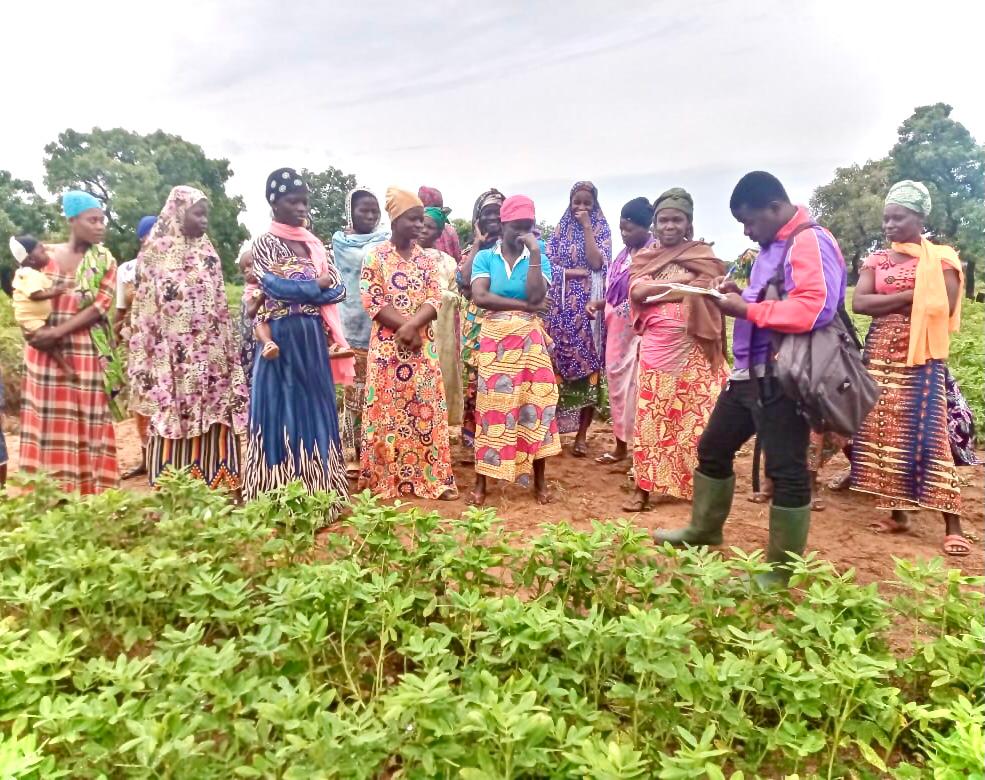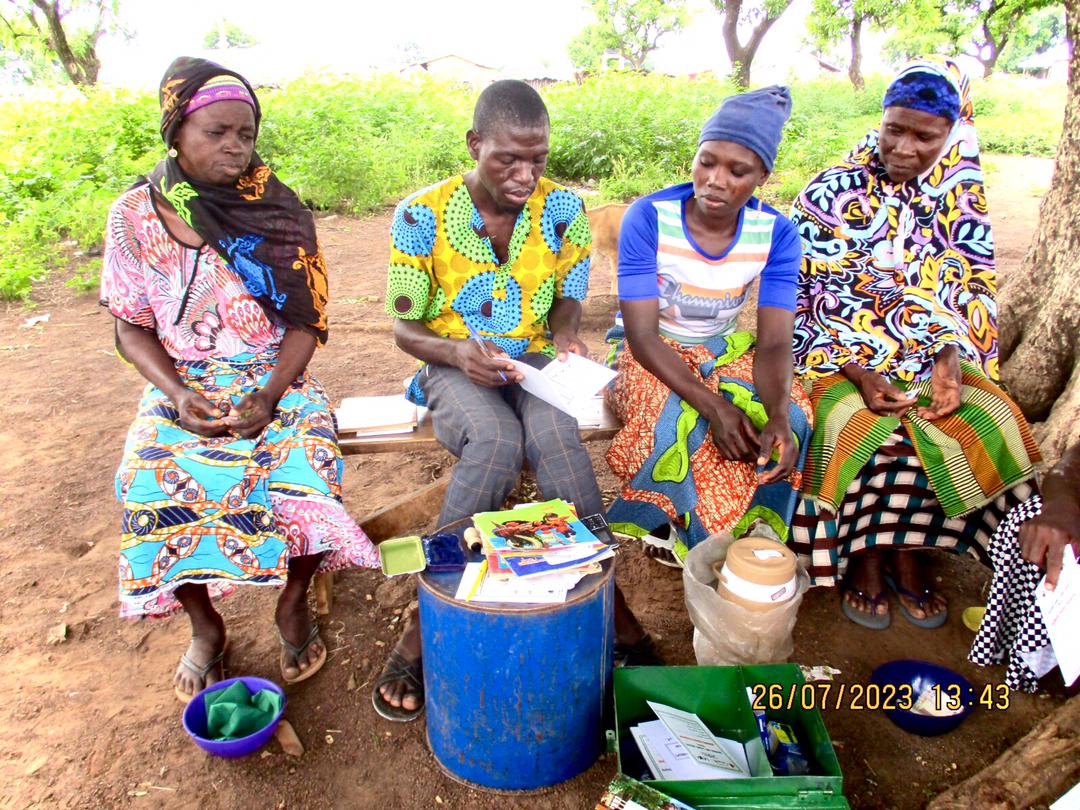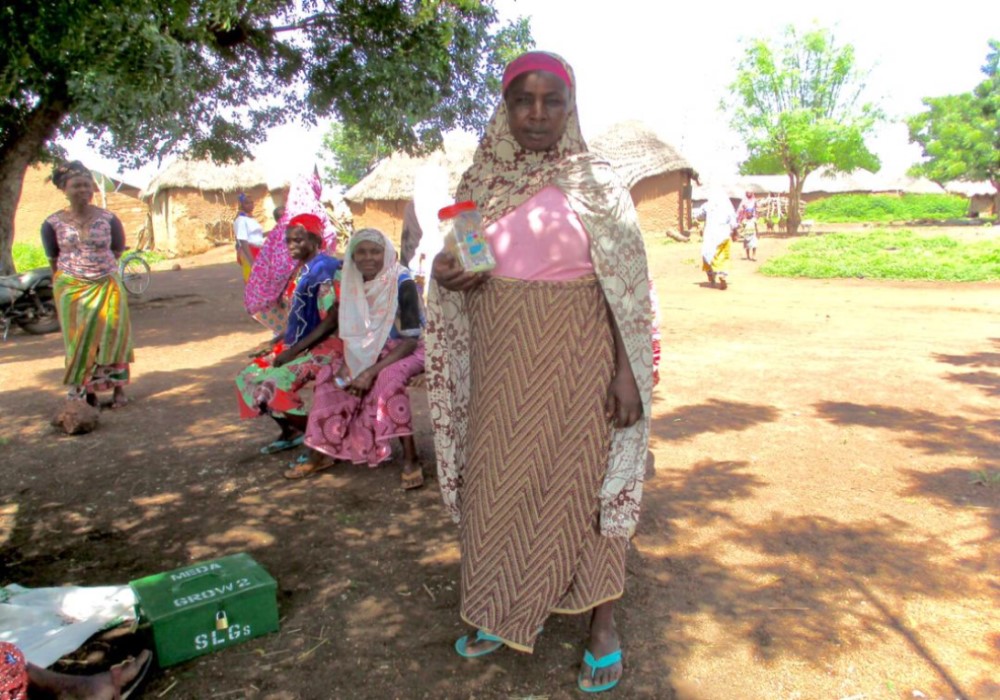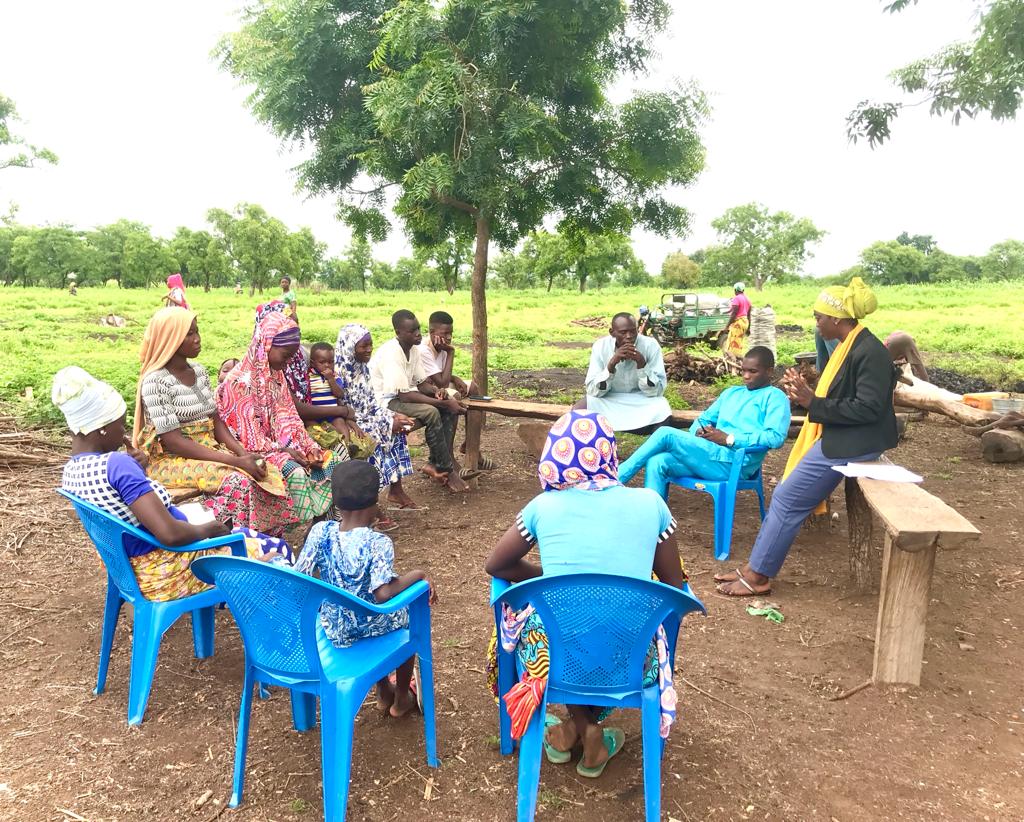Aside from providing clients with skills and knowledge regarding innovative farming and climate-smart farming, as part of the GROW2 project, women smallholder farmers have been introduced to farm technologies. This initiative is a step to reduce the amount of time spent on their farms, promote innovative farming, and increase yield.
For the past months, the project has organized innovation and technology fairs across all zones of influence under Urbanet to introduce to these farmers the various technological tools that have been made readily available to them. These sets of technologies, which include roller/push planters, shellers, threshers, and tricycles, among others, have been included in the project’s component as a way of motivating these farmers to not only become business-oriented in terms of their farming activities but also to consider a wide market scale when planning their farming.
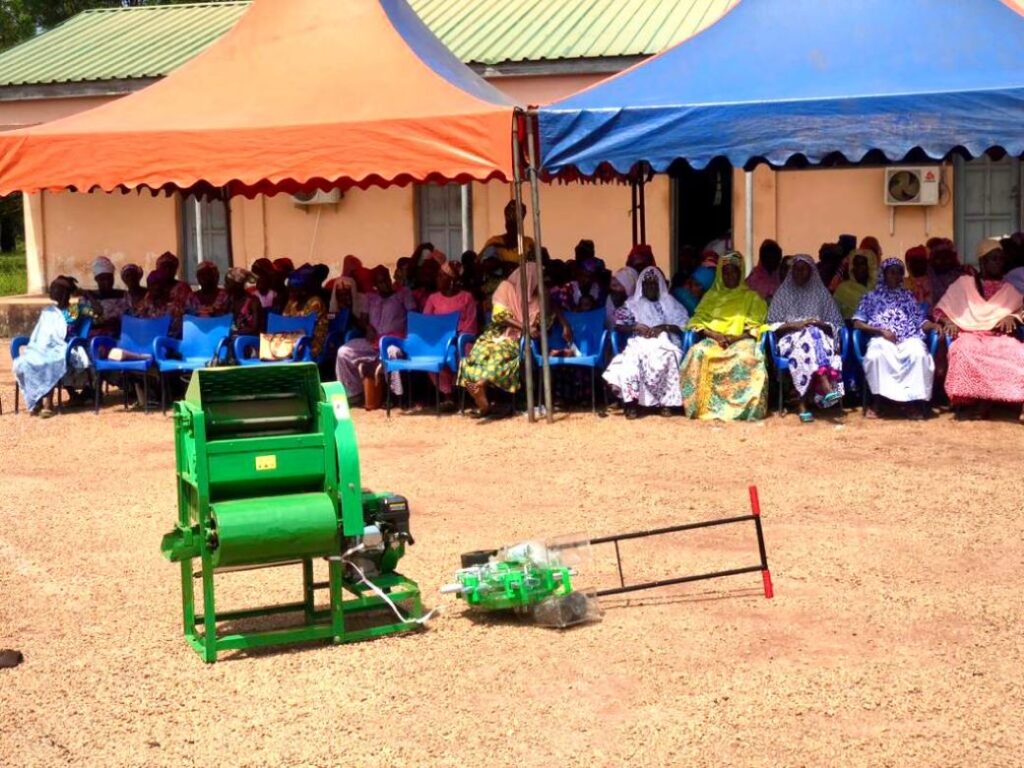
These technologies will be made available to women at a 50% discount price to ensure that they can purchase them. Aggregators amongst them are encouraged to patronize technologies such as tricycles to ensure easy conveyance of produce to markets, while farmers are encouraged to patronise threshers, shellers, roller/push planters, and tarpaulins. However, clients will be allowed to patronize whichever technology they prefer, following the requirements that are set out by the project.
Farmers who were able to take advantage of last year’s technologies have been able to make the most of them through increased yield, and others have gone as far as commercializing them to earn an income and support others who were not able to purchase them. By the end of the project, one of the aims is to ensure that enough women can commercialize their farming and be part of the growing agribusiness landscape. These interventions, as well as previous ones, are some of the steps taken to ensure this.

